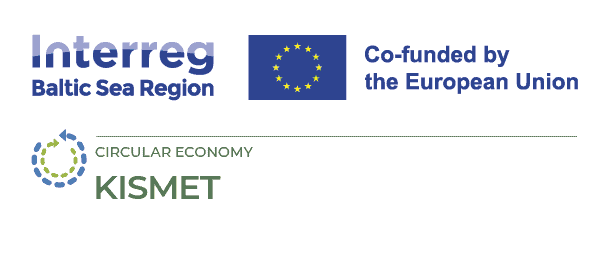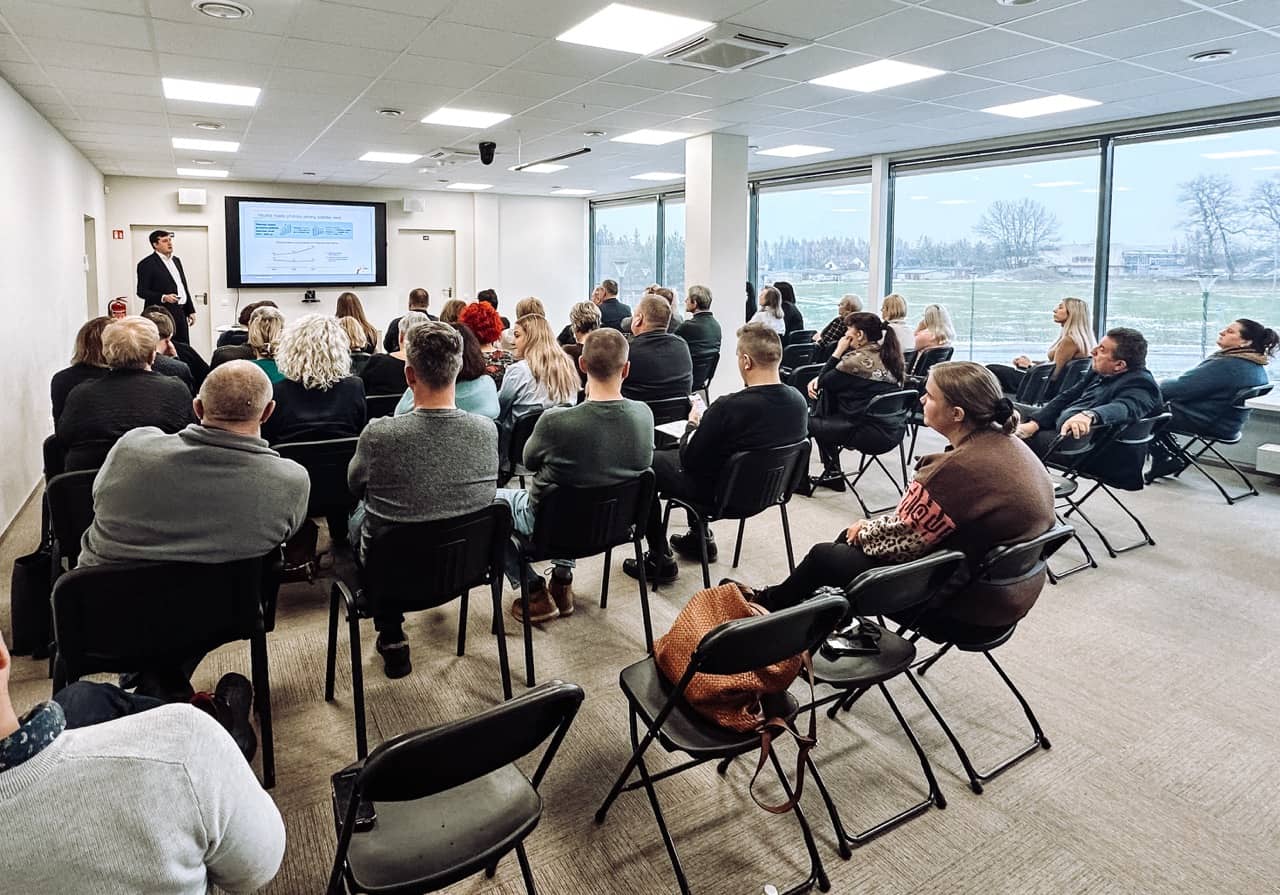
Fruitful Workshop Brings Together Stakeholders in Vilkaviškis, Lithuania
30 January 2024
On January 24th, an informative workshop convened in Vilkaviškis, Lithuania, uniting farmers from the Vilkaviškis district who are currently supplying or seeking to supply food to educational institutions, hospitals, and other public entities. The workshop included representatives from local food producers, municipal experts, individuals from the Tourism and Business Information Center (TVIC), and procurement officials responsible for acquiring food products and catering services within schools, hospitals, and kindergartens.
The primary objective of this gathering was to introduce various support mechanisms designed to foster the growth of these activities, with a specific focus on complying with public procurement regulations. Additionally, participants discussed the experiences of Vilkaviškis and other regions in implementing local food supply chains, as well as shared best practices.
Introducing the KISMET Initiative
During the workshop, Ms. G. Ramanauskienė, representing the Lithuanian Innovation Centre (LIC), provided an overview of the KISMET project. She emphasized that the KISMET project is poised to address the challenges faced by local and regional authorities in establishing a more sustainable and circular food environment, working collaboratively with Vilkaviškis municipality, social partners, and local farmers. The project will actively implement and test sustainable food systems within the Vilkaviškis region.
Support Strategies and Exemplary Practices
Ms. N. Padvaiskaitė, an adviser from the LEADER Programme of the Ministry of Agriculture of the Republic of Lithuania, delivered a presentation on the various forms of support available for short value chains. Additionally, she highlighted exemplary regional practices, including the case of a kindergarten in Ukmergė, which became one of Lithuania’s pioneers in offering children organic food sourced from local farmers and produced in accordance with the National Food Quality System. Remarkably, 80% of their kitchen’s produce is sourced locally and organically. Initially, this was initiated as a pilot project supported by the municipality for the initial two years, but it now receives backing from the National Agriculture and Food Quality System program, aiming to boost the consumption of food produced under the National Food Quality System.
Local Challenges
Deputy Mayor of Vilkaviškis, Ms. D. Riklienė, shared the Vilkaviškis community’s experience in advancing local food supply chains. A shared objective is to ensure that children and patients in medical institutions have access to local food. One of the criteria considered when selecting suppliers for these institutions is the utilization of short food supply chains, giving preference to products cultivated or produced within the same municipality as the educational or municipal facility.
The Vice-Mayor highlighted that short supply chains encounter various challenges, including limited ingredient availability, insufficient collaboration among suppliers, seasonal product availability limitations, and logistical hurdles. It was underscored that achieving tangible results necessitates flexibility on the part of both farmers and facility managers.
We invite you to stay tuned for updates on the KISMET project’s ongoing progress and its impact on Vilkaviškis’ evolving food ecosystem.






